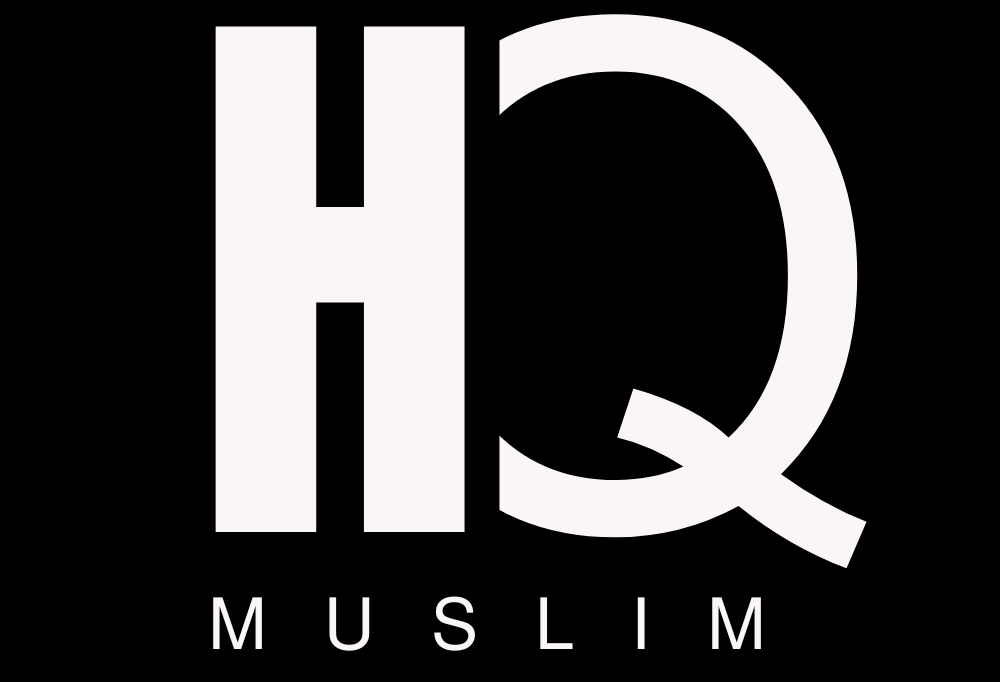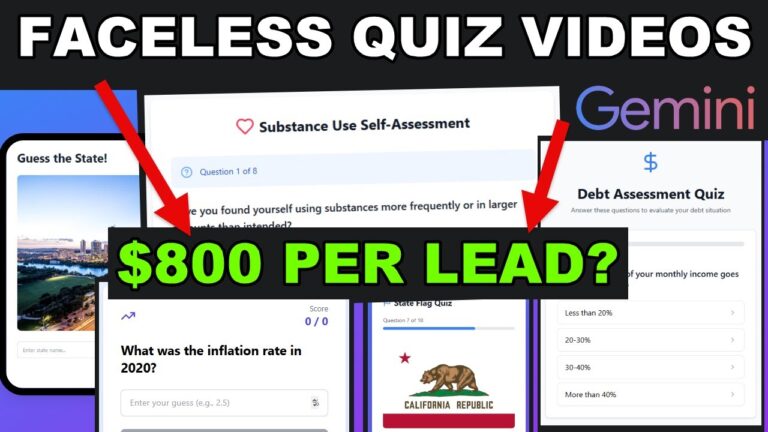Debunking Douglas Murray’s Islam Narrative – The Real Truth Behind His Claims! 👀🔥
🔗 Watch the full video here: Douglas Murray: This Islamic Belief HAUNTS The Muslim World 👀
🔍 Unpacking the Anti-Islam Narrative: Thought Process Breakdown
📌 Argument 1: Islam’s Final Revelation Leads to Cognitive Dissonance
🔹 Thought Process:
- Statement: “The Quran is meant to be the final revelation of God to man.”
- Inference: Muslims believe they are the recipients of the ultimate truth.
- Statement: “Why is your society not working while others are?”
- Inference: If Islam is true, then Muslim societies should be the most advanced.
- Statement: “This creates a deep psychological problem in the Muslim world.”
- Inference: Muslims struggle to reconcile their belief in superiority with perceived Western success.
- Conclusion: This “cognitive dissonance” fuels anti-Western and anti-Zionist sentiments.
- Extreme Implication: Muslim resentment leads to conspiracy theories and hostility toward progress.
🔹 Prejudicial Device Used:
- False Dilemma: Frames Muslim societies as either successful or inherently flawed due to Islam.
- Strawman Argument: Oversimplifies Islamic belief, ignoring historical complexity of progress.
- Psychological Projection: Attributes assumed insecurities to an entire faith group.
✅ Rebuttal (Islamic Perspective):
- Islamic civilizations historically led in science, philosophy, and governance (e.g., Islamic Golden Age).
- Economic or political struggles are linked to colonial history, geopolitical interventions, and internal mismanagement, not Islamic teachings.
- Many modern Muslim-majority nations are progressing rapidly, like Malaysia, Turkey, and UAE.
📍Timestamp: 01:05
📌 Argument 2: Islam Breeds Conspiracy Theories
🔹 Thought Process:
- Statement: “Muslim societies are vulnerable to conspiracy theories.”
- Inference: Muslims blame external forces for their problems.
- Example: “Egyptian officials claimed a shark attack was orchestrated by Zionists.”
- Inference: This paranoia stems from Islamic belief rather than external factors.
- Conclusion: Muslims avoid self-criticism by blaming the West.
- Extreme Implication: Islam fosters a culture of denial and irrationality.
🔹 Prejudicial Device Used:
- Hasty Generalization: Uses an isolated incident to stereotype an entire religion.
- Guilt by Association: Links irrational claims by individuals to Islam itself.
- Selective Framing: Ignores how Western societies also propagate conspiracy theories.
✅ Rebuttal (Islamic Perspective):
- Conspiracies exist in all societies, from QAnon in the US to anti-vaccine movements in Europe.
- Islam encourages rational inquiry (e.g., Quran 17:36 – “Do not follow that of which you have no knowledge”).
- Misinformation arises due to political instability, not religious doctrine.
📍Timestamp: 02:09
📌 Argument 3: Muslims Hate Israel Because of Theological Insecurity
🔹 Thought Process:
- Statement: “Islam teaches Muslims they are God’s chosen people.”
- Inference: Jews’ return to Israel contradicts Islamic belief.
- Statement: “Muslims must either accept Jewish sovereignty or seek to destroy Israel.”
- Inference: Muslims feel existentially threatened by Jewish success.
- Conclusion: Islam fuels a perpetual war against Israel.
- Extreme Implication: Islamic theology justifies violence and intolerance.
🔹 Prejudicial Device Used:
- Circular Reasoning: Assumes Muslim opposition to Israel is purely religious, ignoring political history.
- Misrepresentation: Islam recognizes Jews as “People of the Book” (Quran 2:62).
- False Attribution: Frames political conflicts as purely religious in nature.
✅ Rebuttal (Islamic Perspective):
- The Israeli-Palestinian conflict is political, not theological. Muslims coexisted peacefully with Jews historically (e.g., Islamic Spain, Ottoman Empire).
- Many Jewish scholars themselves oppose Zionism on religious grounds.
- Islam teaches justice and fairness – opposition to Israel’s policies is about human rights, not religious insecurity.
📍Timestamp: 04:49
📌 Argument 4: The West is Superior, and Muslims Should Accept It
🔹 Thought Process:
- Statement: “No one is migrating to Iran or China for freedom.”
- Inference: The West is objectively better.
- Statement: “Muslims should recognize Western success.”
- Inference: Islam is holding Muslim societies back.
- Conclusion: Muslims should adopt Western values.
- Extreme Implication: Islam must be abandoned for societal progress.
🔹 Prejudicial Device Used:
- Western Exceptionalism: Assumes Western culture is the ultimate standard.
- Overgeneralization: Ignores diverse political and social structures in Muslim-majority countries.
- Framing Bias: Fails to acknowledge Western failures (e.g., economic crashes, moral decay, colonialism).
✅ Rebuttal (Islamic Perspective):
- Migration is often driven by economic opportunity, not ideological preference.
- The West has prosperity but also moral crises (e.g., rising depression, family breakdowns).
- Islam provides spiritual and social solutions that Western societies increasingly explore (e.g., rise of Islamic banking, mindfulness rooted in Sufism).
📍Timestamp: 07:15
🔥 Conclusion: The Flawed Narrative Behind the Anti-Islam Rhetoric
Douglas Murray’s claims rely on misrepresentations, selective framing, and historical amnesia. While the Muslim world faces challenges, they are not a result of Islam itself but a combination of colonial history, geopolitical struggles, and socio-economic factors. Islam, far from being an obstacle, offers solutions for ethical governance, community resilience, and personal well-being.
📖 Glossary
- Cognitive Dissonance: Psychological discomfort when beliefs clash with reality.
- Strawman Argument: Misrepresenting an argument to refute it easily.
- Western Exceptionalism: The belief that Western values are superior.
- Islamic Golden Age: A period (8th-14th century) where Islamic civilization led in science, medicine, and philosophy.
- Zionism: A political movement advocating Jewish sovereignty in Israel.
📢 SHARE THIS ANALYSIS to debunk anti-Islam narratives! 🚀






